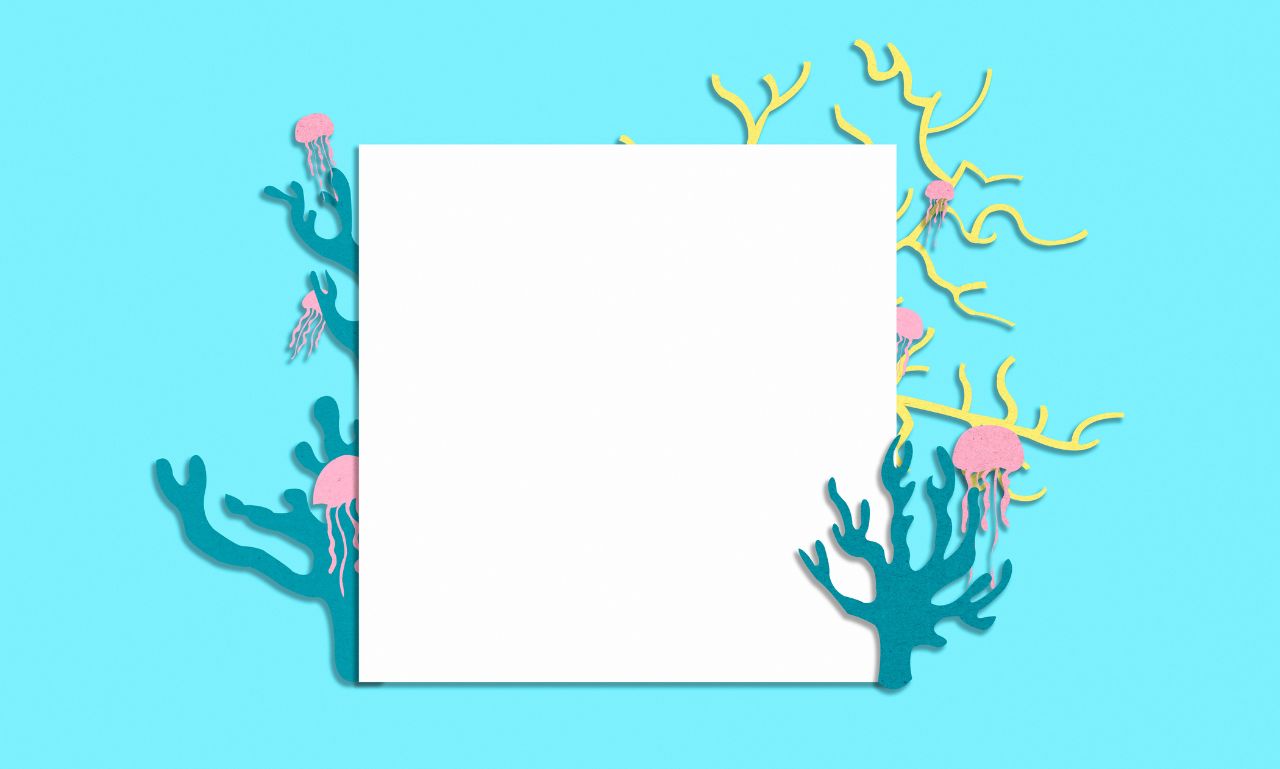Ocean of PDF is an online platform that became popular for offering free access to a vast library of eBooks in various formats, such as PDF, EPUB, and MOBI. Readers from around the world were drawn to it because it provided both popular and niche titles without any cost. However, its rise to fame also sparked significant discussions regarding copyright, legality, and the ethics of free digital content distribution.
What is Ocean of PDF?
Ocean of PDF was essentially a free eBook repository. The site allowed users to download books without creating an account, offering a straightforward and user-friendly interface. From fiction and non-fiction to academic resources and self-help guides, it covered multiple genres and topics.
The major attraction was its free availability of otherwise paid books. This very feature, however, became the root cause of legal scrutiny and takedown notices.
Features of Ocean of PDF
Despite its controversies, Ocean of PDF offered several notable features that attracted readers worldwide.
1. Large eBook Collection
The platform offered thousands of titles across genres—romance, mystery, fantasy, business, history, and more. It aimed to make reading accessible to everyone, regardless of financial status.
2. Multiple File Formats
Ocean of PDF allowed downloads in PDF, EPUB, and MOBI formats, making it compatible with Kindle, mobile apps, and desktop readers.
3. Easy Navigation
The simple search function, organized categories, and minimal design made it easy for users to find the books they wanted.
4. No Registration Required
Unlike many eBook services, users could download books without signing up, which was both convenient and risky from a cybersecurity perspective.
Why Ocean of PDF Became Popular
There were a few key reasons why Ocean of PDF gained such massive attention:
-
Free Access – Users could access expensive bestsellers without spending a dime.
-
Diverse Selection – From textbooks to novels, there was something for every reader.
-
Convenience – No lengthy sign-up process or complicated downloads.
These factors made it especially appealing to students, researchers, and avid readers who wanted quick and free access to reading materials.
Legal Concerns About Ocean of PDF
While many users appreciated its free services, Ocean of PDF faced multiple legal challenges.
Copyright Infringement
The biggest concern was that many of the books were copyrighted works uploaded without the author’s or publisher’s permission. This led to legal action from publishers and authors.
DMCA Takedowns
The site reportedly received Digital Millennium Copyright Act (DMCA) takedown requests from major publishing houses, demanding the removal of copyrighted content.
Ethical Implications
While free access is appealing, authors and publishers lose potential revenue when copyrighted works are distributed without consent. This affects the overall publishing industry, especially smaller authors.
The Shutdown and Mirror Sites
Ocean of PDF was taken down multiple times, but various mirror sites and clones have since appeared. These duplicates claim to offer the same services but often come with additional risks, such as malware or phishing attempts.
Risks of Using Ocean of PDF
While the platform was convenient, it also came with significant risks.
1. Legal Risks
Downloading copyrighted material without permission is illegal in many countries and can lead to fines or legal notices.
2. Cybersecurity Threats
Unofficial mirror sites may contain harmful files or pop-up ads that can install malware on your device.
3. Unreliable Sources
Since many mirror sites are run by unknown entities, there’s no guarantee that the files are safe, accurate, or virus-free.
Safe and Legal Alternatives to Ocean of PDF
If you want free books without legal or security concerns, consider these alternatives:
1. Project Gutenberg
Offers over 70,000 free eBooks, mainly classics in the public domain.
2. Open Library
A project by the Internet Archive, providing access to millions of books that can be borrowed digitally.
3. Google Books
Some titles are available entirely for free, while others offer previews.
4. ManyBooks
A platform with thousands of free and discounted eBooks, especially public-domain works.
5. Libby/OverDrive
Lets you borrow eBooks from local libraries with a library card.
The Ethics of Free Reading
While the desire for free books is understandable, it’s important to support authors and publishers who create the content. Legitimate free eBook platforms ensure that creators are compensated fairly or that the works are genuinely in the public domain.
How to Identify Legal eBook Sources
To avoid legal trouble and security risks, follow these tips:
-
Check the copyright status – Public-domain books are always safe.
-
Use official publisher websites – Many offer free books as promotions.
-
Rely on reputable platforms – Such as libraries, university archives, or well-known reading apps.
The Future of eBook Access
With the rise of eBook subscription services like Kindle Unlimited and Scribd, readers now have more affordable ways to access a vast range of books legally. As publishers adapt, the hope is to balance reader accessibility with fair author compensation.
Conclusion
Ocean of PDF was undeniably a convenient way to access books for free, but it came with significant legal and ethical concerns. While it provided easy access to literature, the risks—both legal and cybersecurity-related—were substantial. Today, readers have multiple legal options to enjoy books without breaking copyright laws.
Exploring legitimate sources not only ensures safety but also supports the creative community that brings stories and knowledge to life.
